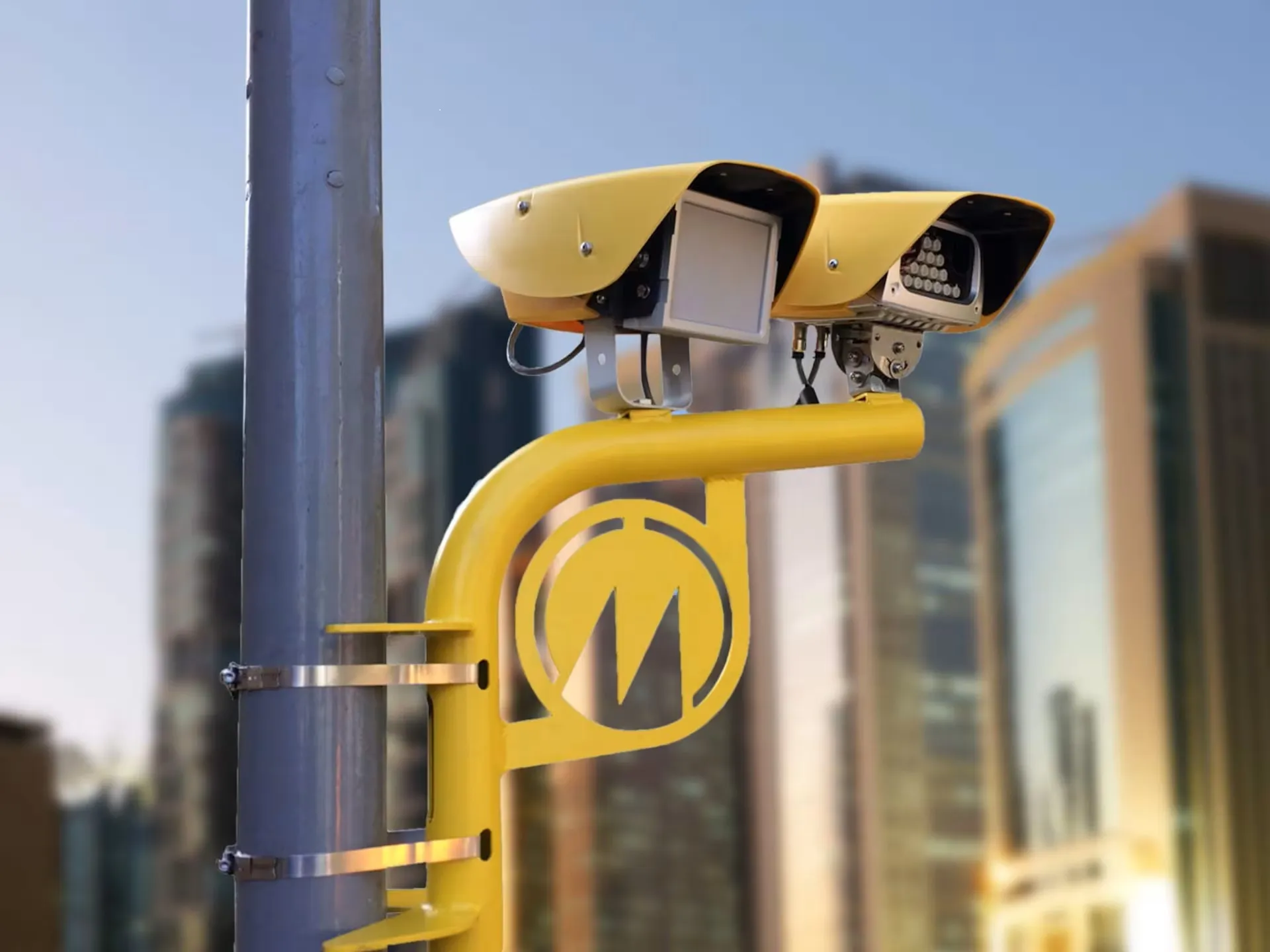
The Ecuadorian National Traffic Commission has selected Jenoptik for a 12-year project to make its national class roads safer.
Together with its local Ecuadorian partner, Jenoptik, a manufacturer of smart mobility solutions, is delivering around 120 digital Vector SR cameras. They will enforce speed infringements day and night with the use of an infrared flash.
Installations began in January and the first cameras are now in operation, said Finbarr O'Carroll, president of Jenoptik’s Smart Mobility Solutions division in the Americas. “Ecuador is taking a significant step to tackle speeding and to making its roads safer. The project reinforces Jenoptik’s dedication to driving positive change through technological innovation and strategic partnerships.”
The remaining cameras will gradually follow until mid-2024. Within the first 20 days of operation, speeding drivers in the South American country will receive a warning ticket without a monetary fee. After that period, people caught not adhering to the speed limit will be issued a speeding ticket by the government.
The non-invasive Vector SR requires only a power connection. Light changes are detected optically by the system. Measurements from Jenoptik's radar technology are validated by secondary independent and image-based evidence. At less than 8kg, the Vector SR is easy to install, such as on existing road-side masts.
The automatic number plate recognition (ANPR) enables Vector SR to be used for many different applications, such as civil security or statistical operations, traffic volume information, travel times, origins and destinations.
Jenoptik, a global photonics group, comprises the two divisions - Advanced Photonic Solutions and Smart Mobility Solutions. Sensor-based road safety cameras and ANPR technology is at the core of the business.
The company’s solutions cover a wide range of stationary and mobile applications such as vehicle monitoring and classification, average and spot speed, red-light enforcement including additional features, civil security, as well as road user charging and emission control, using video analytics and artificial intelligence.
The company says it has over 4,000 cameras installed across the US and tens of thousands of cameras worldwide.









